'Where is the permanence?' More drug-related cases impacting Sheboygan County children
SHEBOYGAN -- When little feet come into the Alvarez home, Annette Capetillo and her husband don’t know much more than the face that comes through their door.
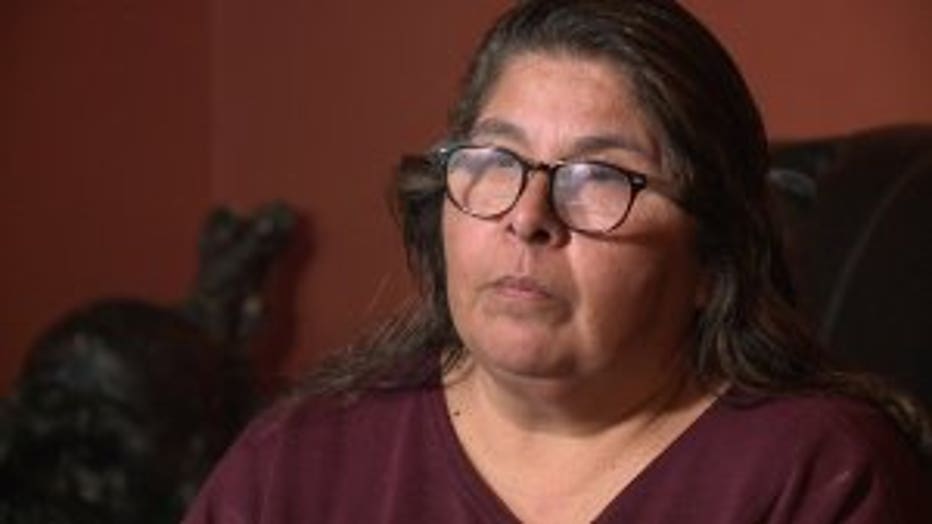
Annette Capetillo
On a chilly January afternoon, Capetillo bounced between making snacks for the young ones, to keeping a close eye on her foster son playing games on the living room floor.
“Every day I tell them, 'you’re a miracle,'” said Capetillo. “'Never let anybody tell you you’re not.'”
For 10 years, they’ve offered their home to children who need a foster home in Sheboygan.
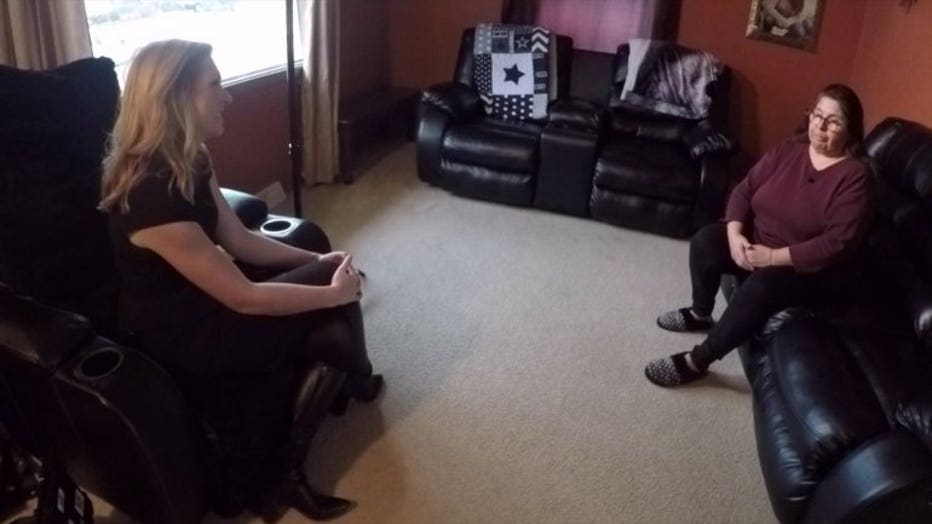
Their service is relied upon more than ever as Sheboygan County officials report more children being removed from their homes because of drug related issues permeating the county.
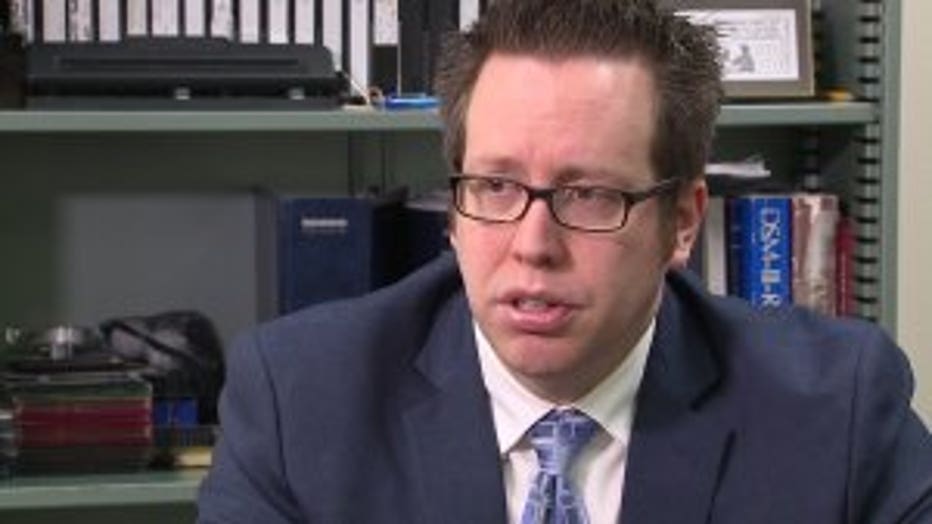
Joel Urmanski
“It’s been a big problem and unfortunately, I think it’s getting worse and not better,” said Sheboygan County District Attorney Joel Urmanski.
When a child’s case requires removal from their home, the county often steps in to place them in temporary, or foster homes. Sheboygan officials report there are not only more children affected by drugs, but more children being removed from their homes and placed in foster care.
“There are many people who have a family member who is a good person, who all the sudden goes down into the hole of drug use,” said Urmanski.
Health and Human Services: ‘Pretty rough days’
The problem is on display in the numbers coming through Sheboygan County Health and Human Services. In 2018, 757 kids were possible victims of maltreatment in Sheboygan County; 125 of those children were affected by drugs in their homes.

Not every case in that office is referred to the district attorney for charges; in many instances, they conduct their own investigation which may not result in a child leaving their home.
“When it starts to cross that bridge into illegal activity, then of course that has to take its course,” said Scott Shackelford, the Manager of Child Family Services at Health and Human Services.
What’s happened, Shackelford said, is that drugs have prompted an increase across the board in the use of their services; through kinship care, placement with relatives and at the foster care level.
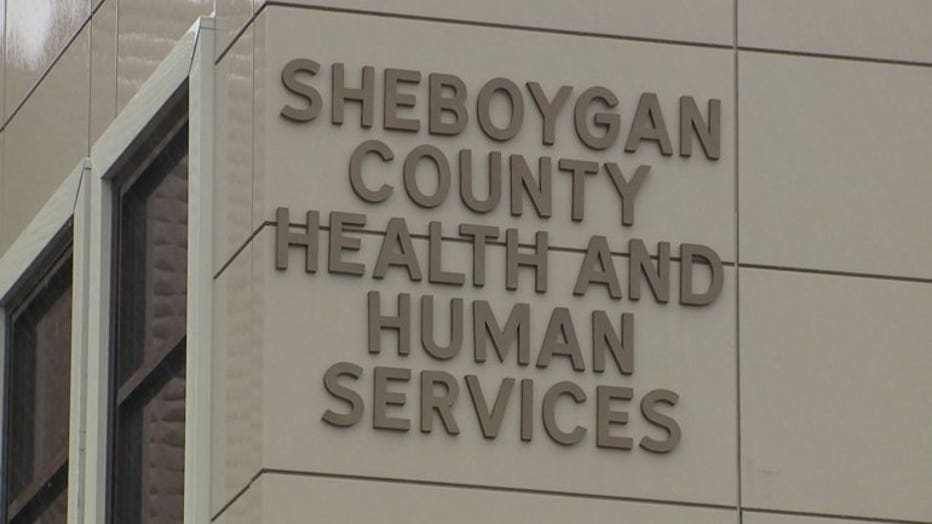
“Things have flipped more to where other more toxic types of drugs have taken a driver’s seat in what we’re seeing here in Sheboygan County,” said Shackelford.
And the drug break down is historic: 30 kids exposed to heroin, 32 children to cocaine, 39 to meth, 52 to prescription drugs and 74 to THC.
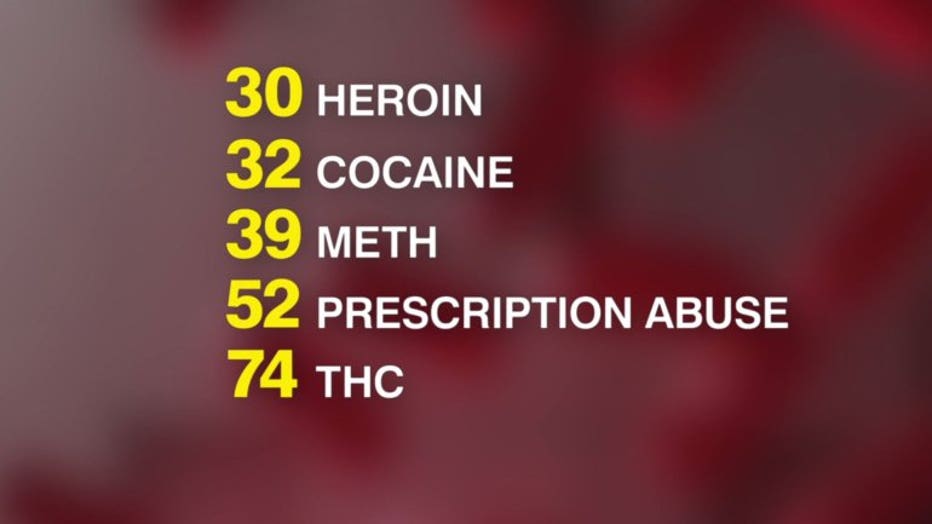
“We get into spots where if we have spikes in cases that we’re looking into and scrambling to meet the needs,” he said.
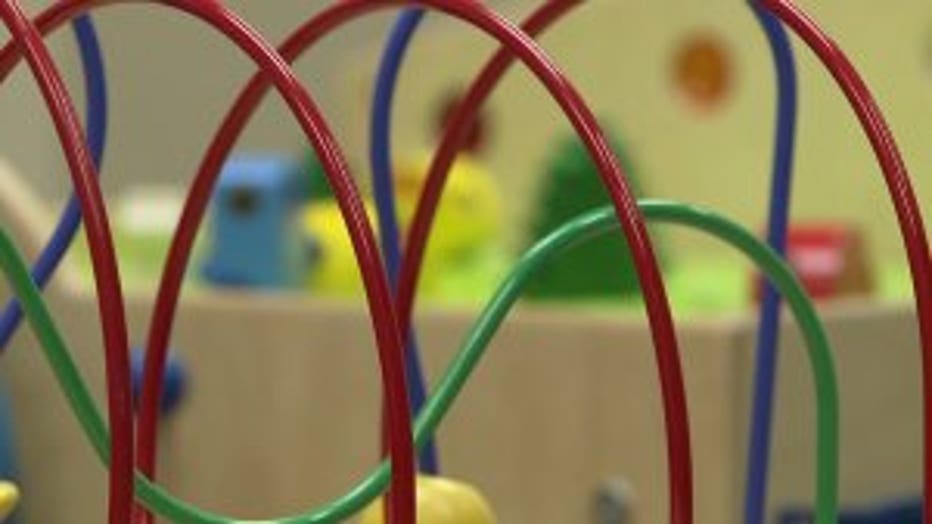
The county works with several foster care agencies including Foundations, like Capetillo uses. But in some instances, there may not be a home available or it’s during a night or weekend when resources are slim. In that instance, Shackelford said, there’s a receiving home that’s utilized until they can find other resources.
“We’d like to certainly see a reduction…with early intervention strategies,” he said.
Agencies like Foundations have also gotten creative, posting signs around the community, to advocate for more foster families to join the network.
“That’s our job here, to get those families to come in and be willing to open their homes to the kids in need,” said Jackie Baumgart, the Sheboygan Regional Director for Foundations. “It’s re-learning what a parent is supposed to do for a kid.”
District Attorney: “Where’s the permanence?”
In some drug-related cases involving children, the allegations are severe enough that the case is forwarded onto the District Attorney. When Joel Urmanski came into office, there was a backlog of cases that affected a child’s placement.

“We had a large back log of children who were on a waiting list for terminating parental rights or potentially guardianship,” he said. “At least one or more that were on that list for over two years. That child is wondering, where is the permanence?”
To alleviate the case load, Urmanski appointed one person to handle them; but the caseload has continued rising because of the drug-related issues affecting children.
Across 2017 and 2018, the number of Guardianship and Termination of Parental Rights (TPR) cases has stayed relatively steady in his office. But CHIPS cases, or Child in Need of Protection or Services, has increased slightly.
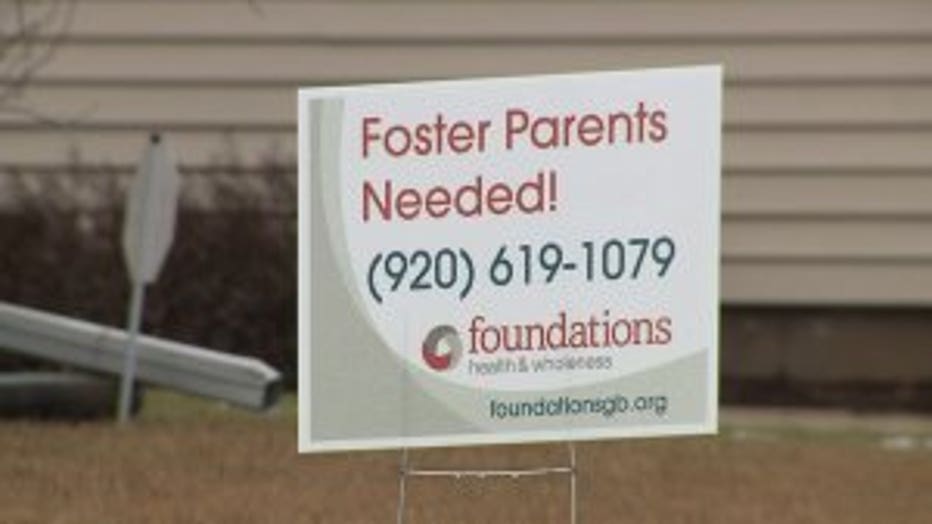
“The case filings may be a little larger, not extreme, but the number of kids being taken out of the home in those filings can be significant,” said Urmanski.
He believes that there aren’t more people using drugs, but that the type of drugs are more toxic and cheaper, the addiction is stronger, and accessibility is prevalent.
The real danger, according to officials, is that these children are beginning their lives exposed to drugs; through drug deliveries, strangers in their home, or encountering their parents involved in the sale of drugs.
“Just because someone is using drugs doesn’t mean they’re a bad person,” said Urmanski. “They’re a person in significant need.”

It’s a need that Capetillo sees in a different way, through the feet that come into her Sheboygan home.
“By so many people choosing to take care of their issues with drugs, they’re not taking care of their family,” said Capetillo. “There’s so much pain in the world and our children are getting lost with this pain.”
It’s a void she chooses to fill with her home, a warm meal and never-ending love for the countless children who have come through her doors.
“They’re not numbers, so I can’t count them. They’re children.”

